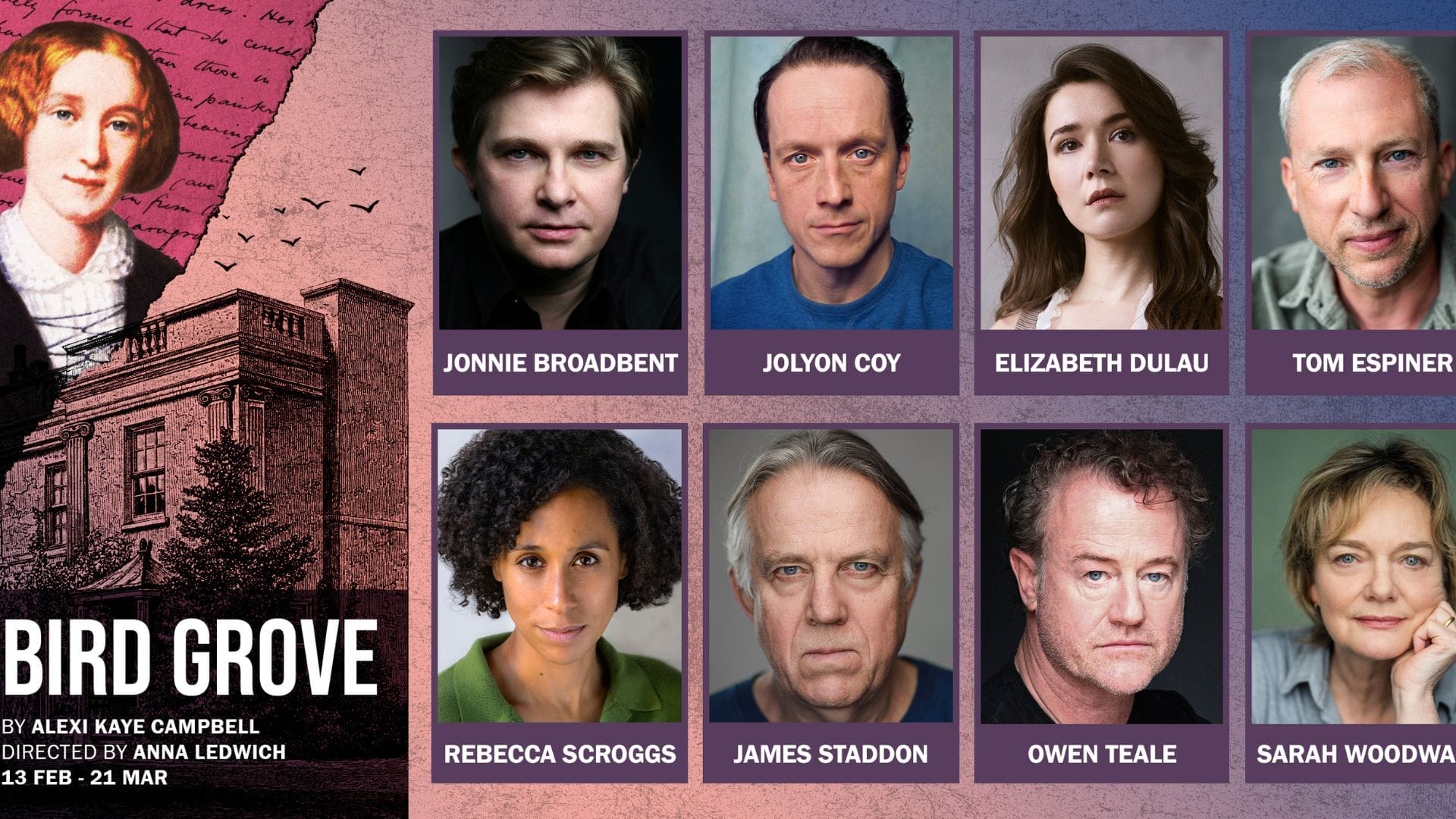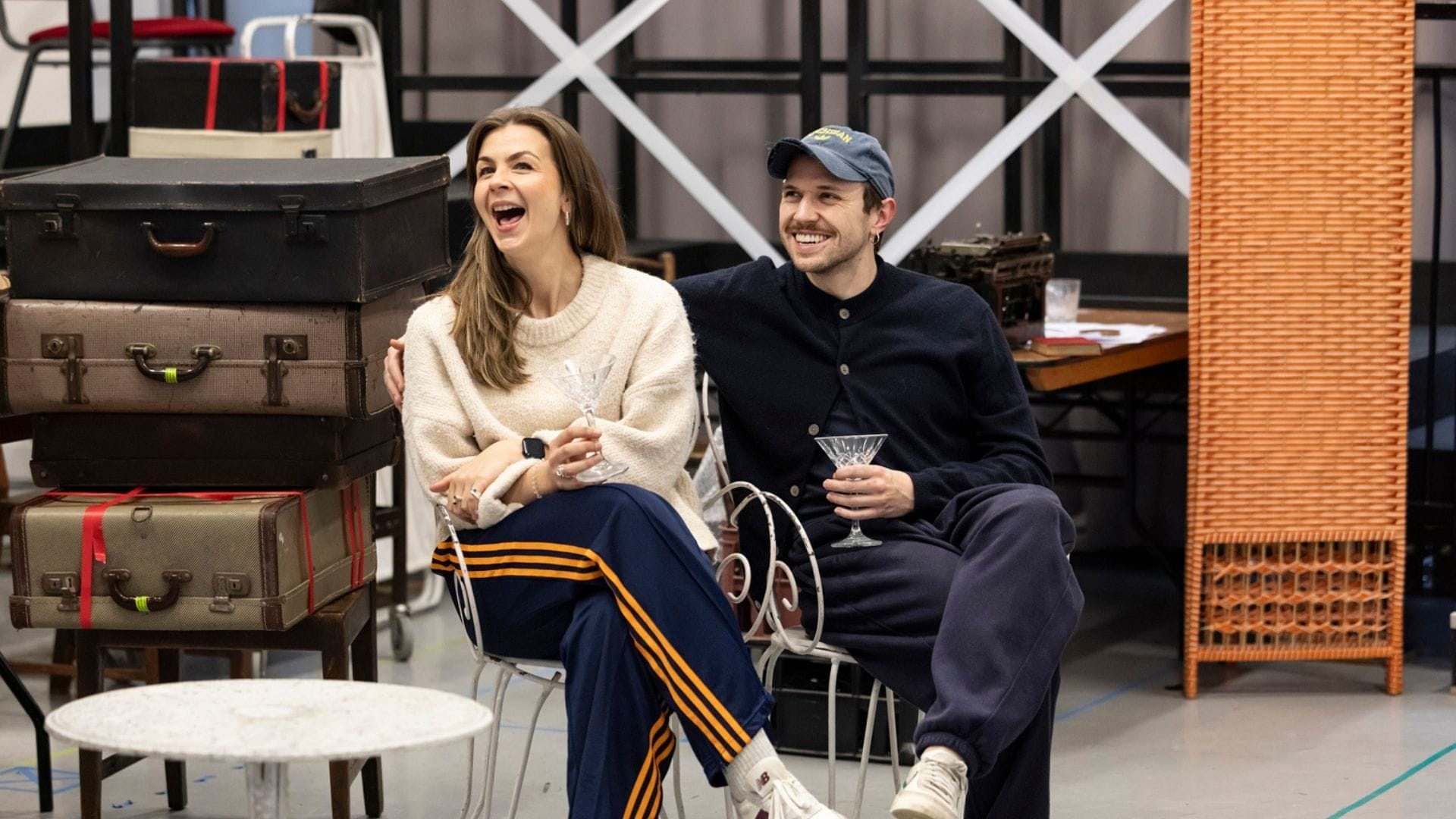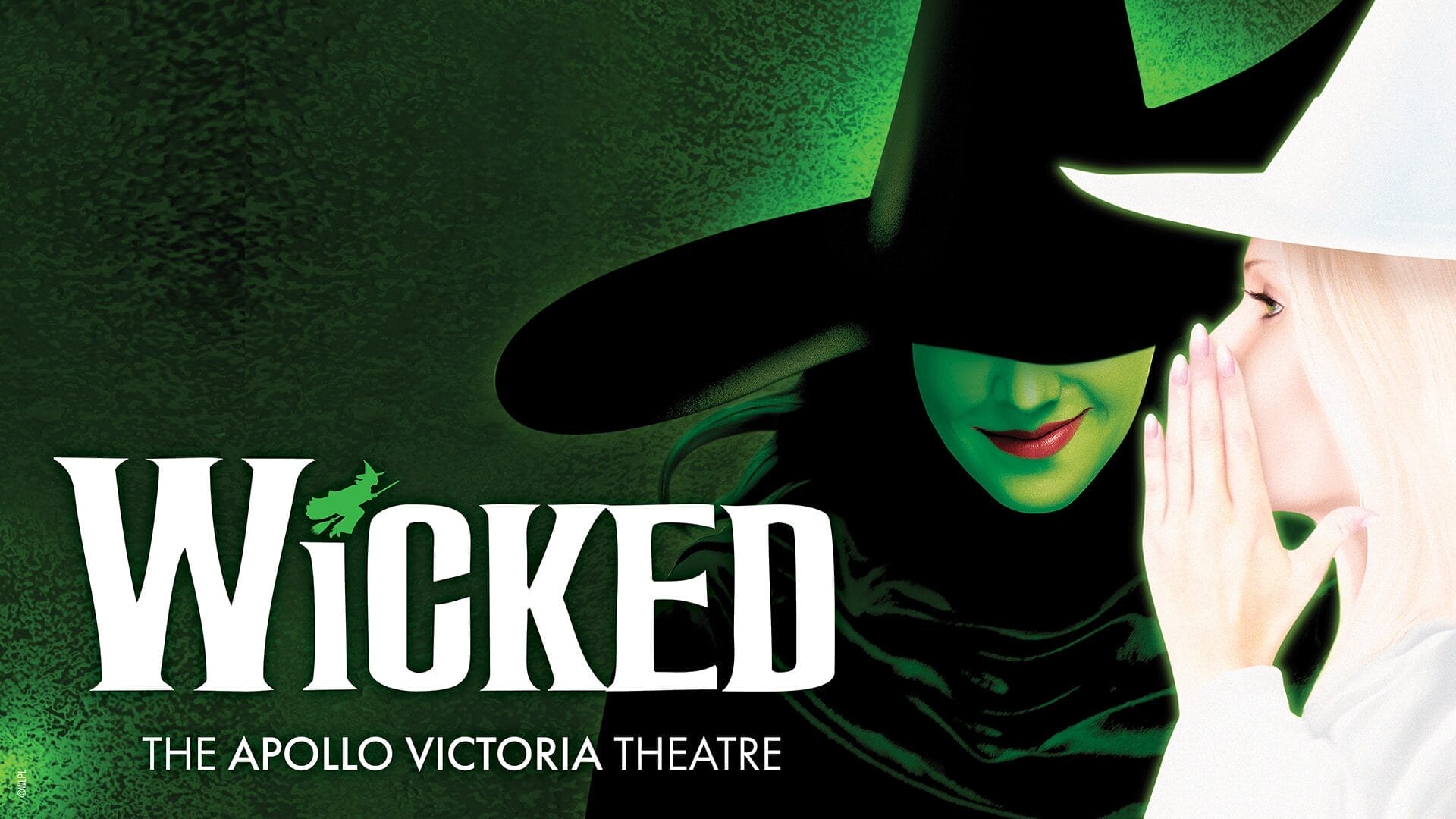 When facing systematic or random male violence, what can we do? London theatre restlessly seeks new answers and poses new questions, bringing us the poetic revenge story of The Bleeding Tree.
When facing systematic or random male violence, what can we do? London theatre restlessly seeks new answers and poses new questions, bringing us the poetic revenge story of The Bleeding Tree.
Written by award-winning Australian playwright Angus Cerini and directed by Sophie Drake, The Bleeding Tree unwaveringly explores the consequences of domestic violence. The play centres on a family of three—a mother (Mariah Gale) and her daughters Ada (Alexandra Jensen) and Ida (Elizabeth Dulau)—who are all subjected to the cruelty of their abusive father and husband. So they kill him.
The play opens with the trio facing his still-warm corpse, discussing how they can dispose of it before the community finds out. Cerini’s language shines as the brutality of revenge is tempered by lyrical, poetic verse, which also adds emotional intensity. This beautiful yet powerful language is masterfully spoken by the three performers.
Mariah Gale excels, presenting both an authoritative mother and her conceited fragility when being transfixed by the end of their sufferings, with her tears running down her cheeks. Both Dulau and Jensen brilliantly renders in-between the roles of daughters and those (male) community members. These members turn a blind eye when the women are suffering, but come to interrogate them when the abuser disappears. The trio’s barefooted-ness might remind you of Medea, or the ancient goddesses of revenge.
Jasmine Swan’s minimalist design shows a certain degree of symbolism, with three wooden boxes and a whole stage covered in red soil, which is eventually swept away. This seems to give way to the language per se, but the production might be a bit too light on directorial intervention, relying solely on the cast. It would be more engaging if the cast could occasionally choose direct address. Asaf Zohar’s sound design, together with Ali Hunter’s lighting, signalled by a curvy metal board with a neon slash of different colours, smoothly and efficiently nails the transitions of the scenes through days and nights.
Why women kill? When society and the law fail to execute justice, what options are left for ordinary people, like the three women in the play? These questions will never be fully answered if we remain indifferent and don’t look into people’s sufferings, only allowing the worst outcomes to happen. The Bleeding Tree compels us to think, and possibly to change.
The Bleeding Tree is at Southwark Playhouse Borough until 22 June 2024

















